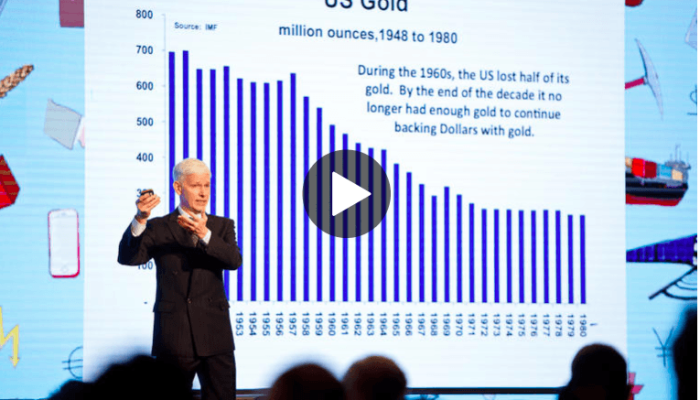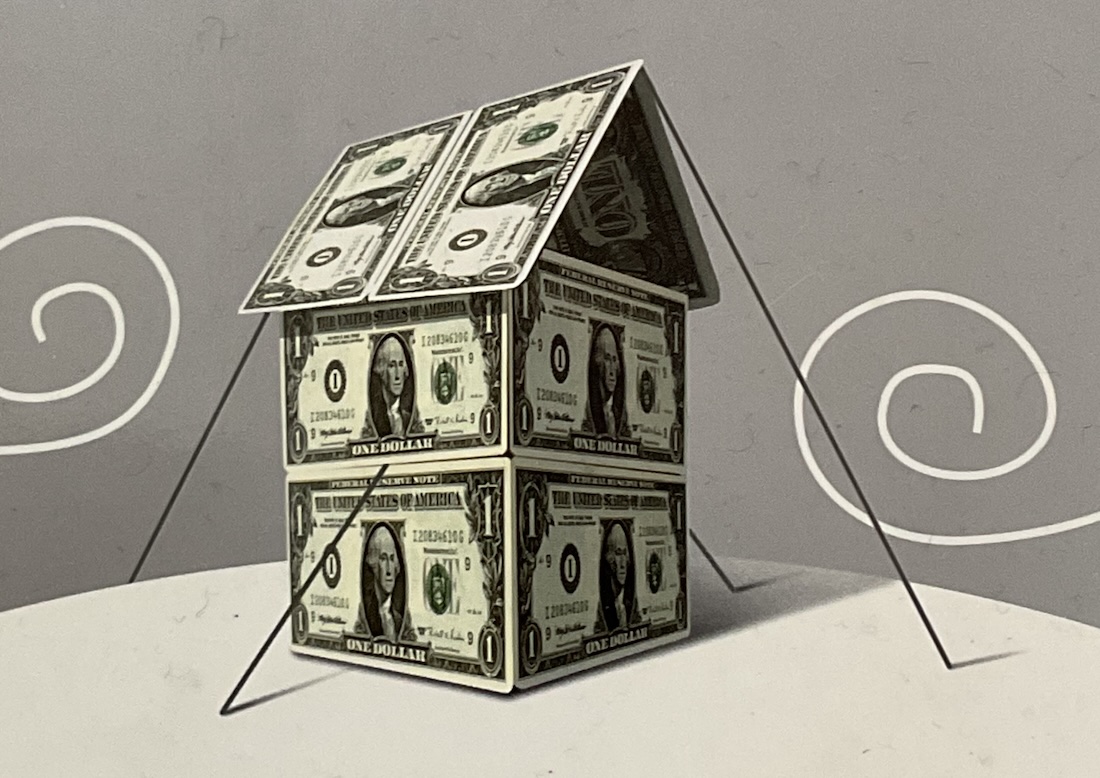Speech: Understanding Potential Threats To Trade and Economic Stability In Asia

Posted December 29, 2017
In September, I spoke at the Global Trade Review Conference in Singapore. My topic was Understanding Potential Threats To Trade and Economic Stability In Asia. Macro Watch subscribers can log in and listen to this speech now. There is no video. However, subscribers can download the presentation from the speech. There are nearly 70 charts.
As readers of this blog know, I believe the global economy is unstable and vulnerable to a severe crisis because of the trade imbalances that have built up over the last few decades.
The presentation begins with an explanation of how those imbalances originated and evolved following the breakdown of the Bretton Woods International Monetary System in 1971. Under that system, large trade imbalances were impossible.
Next, I discuss how the huge trade imbalances that began in the early 1980s led to a world-wide credit bubble, how that bubble came very close to imploding into a new Great Depression in 2008, and how policymakers prevented that disaster from occurring.
Central banks (particularly the Fed, the European Central Bank, the Bank of Japan and the Bank of England) played a leading role in that successful policy response by creating the equivalent of trillions of dollars and pushing interest rates down to near 0% (or even lower).
China also played a leading role by very aggressive credit expansion and government-directed investment.
In effect, these policies worked by reflating the global credit bubble. They have not rebalanced the global economy or restored it to a sustainable path. The global economy remains wildly unbalanced and susceptible to a new breakdown.
Next, I describe several potential threats to trade and economic stability in Asia:
- China’s economic growth model of export-led and investment-driven growth can no longer deliver economic growth. Consequently, China may stop growing, just as Japan did 27 years ago. In fact, it could be worse than that. China’s economy could go into severe recession. Either way, the consequences for commodity prices and trade would be profound.
- The economic policies that President Trump advocated during his campaign, if they were actually implemented, would be a recipe for disaster for international trade and the global economy. Asia would suffer most.
- There is significant risk that central banks will make policy mistakes that drive interest rates higher and commodity prices and trade down. The ECB and BOJ are still creating money every month on an extraordinary scale. When they stop, there will be unpleasant consequences. The Fed has begun tightening monetary policy. If this continues the Dollar will move up again, creating another downward cycle for commodity prices, trade, profits and stock prices.
A new global economic crisis is not inevitable. What happens next will depend on government policy. With the correct policies, crisis could be avoided.
These are the themes I explored in this speech.
If you would like to listen to this speech but have not yet subscribed to Macro Watch, click on the following link:
Subscribe To Macro Watch
For a 50% subscription discount hit the “Sign Up Now” button and, when prompted, use the coupon code: speech
You will find 40 hours of Macro Watch videos available to watch immediately. A new video will be added approximately every two weeks.
Please share this blog with your colleagues and friends.


No comments have been made yet.